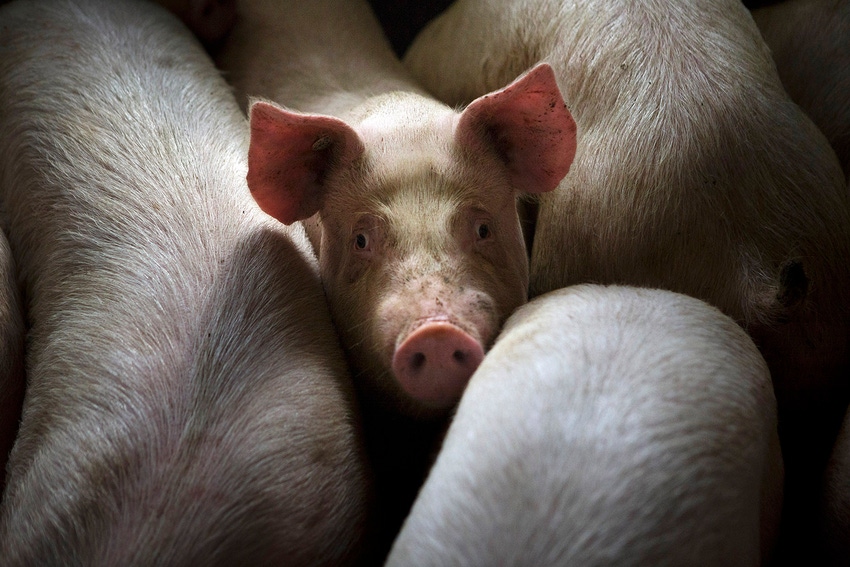K-State, Biosecurity Research Institute amp up ASF research efforts
In 2013, the Biosecurity Research Institute became the first non-federal facility to be approved for work with the ASF virus.
October 8, 2018

Source: Kansas State University
When it comes to their research on African swine fever, Kansas State University researchers and the Biosecurity Research Institute have one objective in mind. They both share the same goal of stopping the spread of ASF and preventing it from reaching the U.S.
If ASF enters the U.S., it could cause billions in economic losses to swine and other industries and would devastate trade and international markets. Currently there is no vaccine or cure for the disease, which causes hemorrhagic fever and high mortality in pigs.
“African swine fever's introduction into China, poses an increased threat to the U.S.,” says Stephen Higgs, director of the Biosecurity Research Institute. “Introduction of African swine fever virus into the U.S. would have an enormous impact on our agricultural industry. Research, education and training at the Biosecurity Research Institute help to improve our understanding and preparedness for this threat.”
In 2013, the Biosecurity Research Institute became the first non-federal facility to be approved for work with the ASF virus, Higgs says. The university projects at the Biosecurity Research Institute are part of research that can transition to the National Bio and Agro-defense Facility, or NBAF, once it is fully functional. African swine fever is one of the diseases slated to be researched at NBAF, which is under construction adjacent to Kansas State University's Manhattan campus.
The African swine fever projects at Kansas State University are funded in part by the $35 million State of Kansas National Bio and Agro-defense Facility Fund and also have received support from the U.S. Department of Homeland Security and the pork industry.
Higgs recently wrote this editorial calling for action on ASF. It was published in Vector-Borne and Zoonotic Diseases.
You May Also Like



